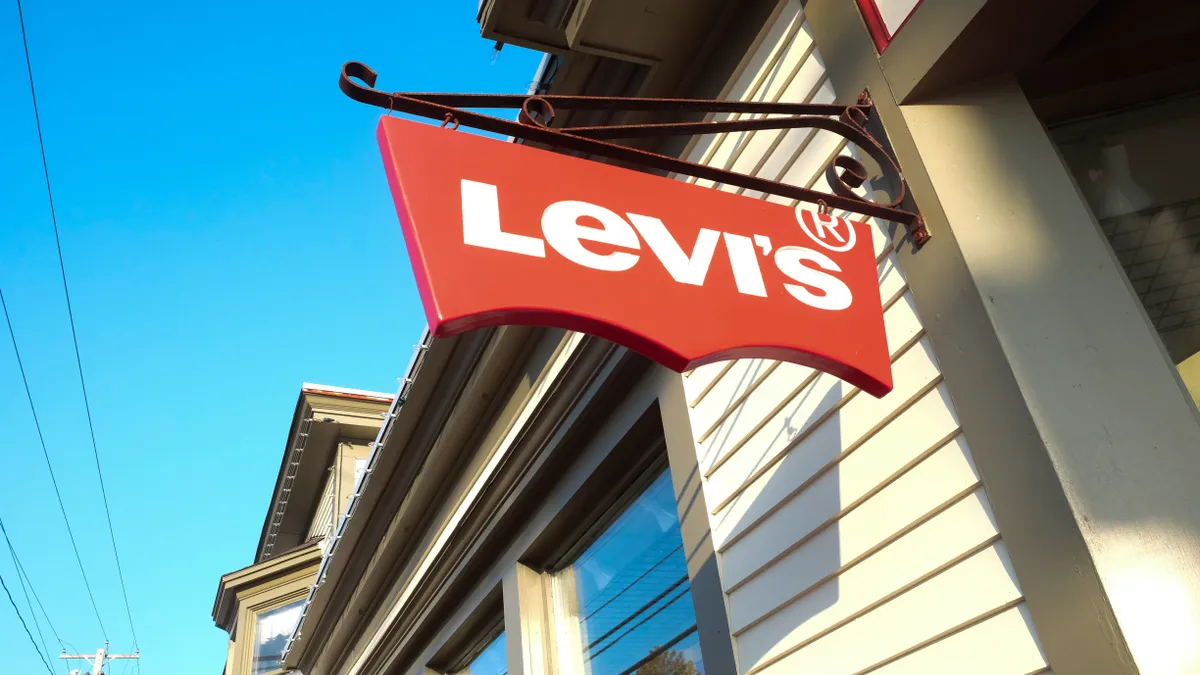NEW YORK — The circular economy, which includes resale and rental services, disrupted several categories of the industry in 2019 and remains top of mind for retailers heading into the new year.
According to resale platform ThredUp's 2019 trend report, resale grew 21 times faster than the apparel market over the past three years and is projected to reach $51 billion over the next three years. The resale platform also found that consumers were more willing to shop at their favorite stores if off-price was offered.
"This year alone in the U.S., over 60 million women will buy secondhand. That's up from 40 million just a few years ago. One in three Gen Zers will buy secondhand," ThredUp President Anthony Marino said during a panel discussion at the National Retail Federation's Big Show. "This is happening and it's happening in a big way."
While it's creeping into virtually every segment of the industry, the luxury market may reap the most benefits from the model. A report from Accenture Strategy and Fashion For Good found that re-commerce operating margins for the luxury, premium and mid-market sectors were 39%, 28% and 22%, respectively.
"Luxury is reserved to a handful of people that have been self-selected, then there are all of these other people who have been aspirational, looking toward the product," Rebag founder and CEO Charles Gorra said during the panel. "Now the world is ripe for this next generation of customers, who maybe can't purchase the product at full price. Through the means of resale, they can buy that product and get a taste of that experience."
Unlike several others in the space, Rebag isn't a peer-to-peer marketplace. The company buys used goods from consumers to sell on its platform. Rebag has also implemented its own authentication measures. "We're very respectful to the ethos of the brands … we control all of the experience," Gorra said.
Luxury brands in the past have scrutinized the in-house authentication practices of outside sellers, accusing them of not upholding the same standards as the brands themselves. Chanel in 2018 sued consignment platform The RealReal, alleging it was selling fake handbags on its website.
The re-commerce trend is driven by consumer awareness of the environmental impact their purchasing behavior has, and their willingness to forego ownership for access.
"We've always been believers that the pride of ownership is being replaced with the pride of access," Rent the Runway CEO Jennifer Hyman said, speaking on a separate NRF panel. Rent the Runway, Hyman said, lets consumers "separate the act of wearing from the act of owning."
"I always say that Rent the Runway is faster fashion for the 21st century and what we're proving is that fast and sustainable don't have to be in conflict," she said.
Traditional retailers are also capitalizing on the circular economy, either through partnerships or launches of their own. ThredUp, in a move that surprised some, partnered with department stores J.C. Penney and Macy's in 2019.
"We're in over 100 stores now. I think you'll start to see more of those collaborations in the future," ThredUp CEO James Reinhart told Retail Dive. "We'll do a number of things: It may be more department stores," but he also said it could involve smaller-format stores, like Madewell. "You won't be seeing us slowing down these collaborations."
Specialty retailers, too, see potential in the circular economy. Urban Outfitters this past year entered the rental market with Nuuly. The subscription-based service costs $88 per month and allows consumers to access six items from "up-and-coming designers, iconic labels, one-of-a-kind vintage finds and our own Anthropologie, Free People and Urban Outfitters family of brands," the company said. So far, the service hasn't led to cannibalization of the company's core business.
"We have seen that for the most part, customers that are renting from us are also continuing to purchase within our other brands and in several situations, are doing so in a more robust way," Dave Hayne, chief digital officer of Urban Outfitters and president of Nuuly, said on a panel.
The trend also extends beyond apparel and accessories. Direct-to-consumer brands Feather and Fernish built their companies around renting furniture to consumers. And Ikea is testing furniture rental in 30 markets this year after initially piloting the service in Switzerland last year.
ThredUp's mission in its early days was to have consumers think, "Secondhand, first," Marino said. "You can either participate in that as a retailer or pretend like it's not happening."























